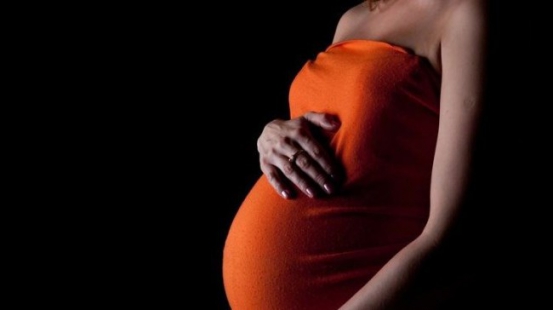×
The Standard e-Paper
Smart Minds Choose Us

Pre-eclampsia is a silent pregnancy related condition, but one which has continued to cause expectant women untold pain the world over.
The pregnancy disorder begins at the fifth month, and is rated as the second highest cause of death of expectant women globally.